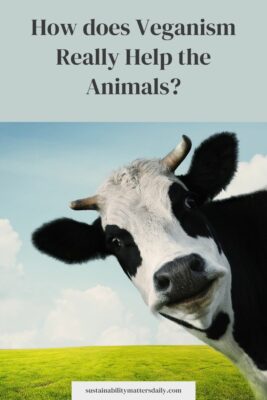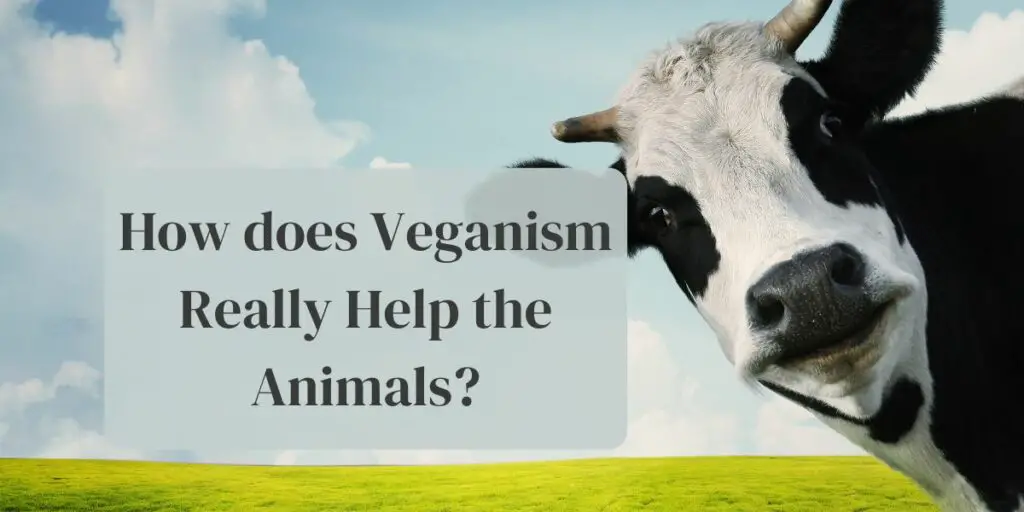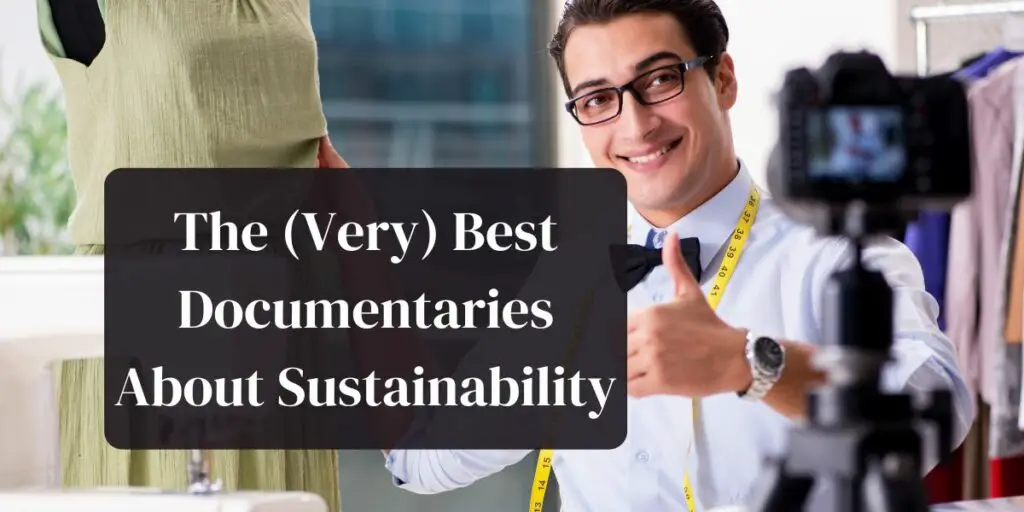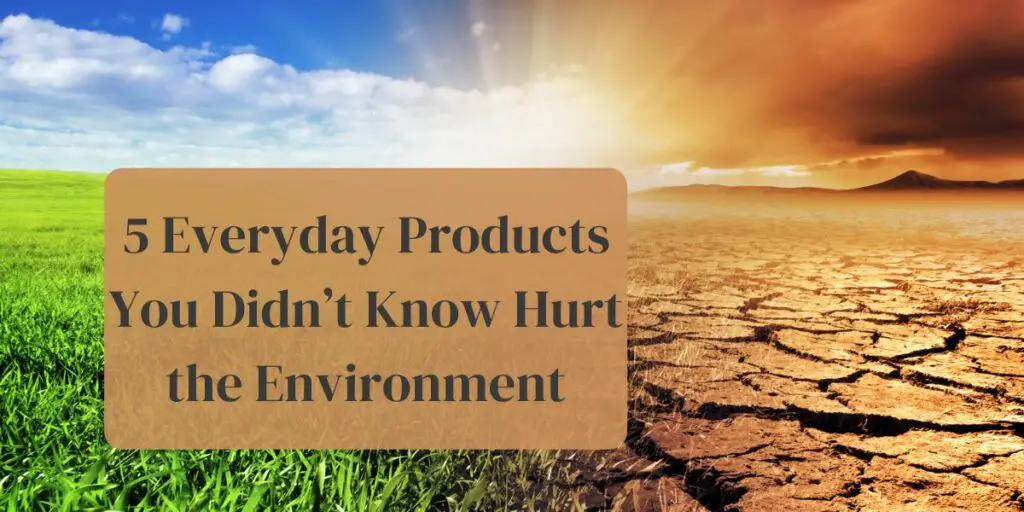The “vegan debate” is always intense. You see it everywhere, especially on social media. Or in the comment section of certain newspaper articles. There is always this war going on between vegans and meat lovers. What many of these “discussions” have in common is that people tend to forget facts. People seem to be more eager to throw accusations and bad words at each other. And, let’s be fair, that is how a lot of discussions work online.
Feelings is often more important than facts.
This article will change that. We will now focus on facts in order to figure out how veganism really help the animals and whether or not they make the environment better. Does it really save the earth to start a plant based diet?

Table of Contents
- Why is it important to see how veganism can help animals?
- How are Animals affected by people eating meat?
- Vegan and its environmental impact
- So are vegans correct when they say that they have less impact on animals and the environment?
Why is it important to see how veganism can help animals?
The whole reason why I wrote this article can be summarized by the picture below:

This tweet accidentally (meaning I do not follow the person) ended up on my Twitter feed the other day. I couldn’t stop thinking about it. It was the last thing I remembered before going to bed…and the first thing I told my coworkers during lunch on Monday.
How are Animals affected by people eating meat?
Let us start with the first element. Which impact does veganism have on the animals?
The obvious answer is: they don’t kill them. As a vegan by definition does not eat meat, he or her will not contribute to the enormous meat industry.
We also know that the average meat-eating person will over a lifetime be responsible for 7000 animal deaths. That includes all types of animals – also fish and sea creatures. That is a number I got when I tried the Vegetarian Calculator (external link).
The question is: where do these animals come from?
And it might sound like a very weird question, but it is highly relevant. Because when you see a steak on your dinner plate, chances are that you will never be able to understand the mechanism that brought this steak to the grocery store or restaurant in the first place. It is actually very interesting to investigate that.
National Public Radio published an interview with several animal activists about veganism and its impact on animals. And one of the activists said something that I thought was very smart.
Quote:
“Eating fewer or no animals doesn’t mean that animals who would’ve been killed will now live; it means that animals who would’ve been bred into existence to suffer on factory farms will now not be brought into the world and exploited in the terrible ways that are customary in the meat industry. It’s a supply and demand issue. Less demand should mean less supply.”
In other words: animals in the meat industry are not seen as living creatures. From the day they are born, or should we call them “produced”, they are doomed into getting slaughtered when they are big enough. If less people eat meat products, there will be less incentives from the industry to mass produce animals.
Those meat commercials with happy cows chewing on green grass…should we believe in them?
This is a perfect example of how the American diary and meat industry portraits animals in their commercial:
After visiting several farms across Europe, I am not so sure that this is a great illustration of how animals are being kept by most companies. Green landscape, animals being able to playfully run around on large areas…I’m just not buying it. 🙂
In other words: you do not save the sheep chewing grass on beautiful Irish grass fields when you become vegan. You simply stop an animal from being born into being slaughtered. That is a very important point to make. What ends up on your dinner plate was never a wild animal. It was a creature that was born into the industry – and was slaughtered by the exact same people (companies) that made sure it was born.
That is more or less the impact you will have on the animals as a vegan. But what about the environment?
Vegan and its environmental impact
This topic is more controversial than ever. In other words: sitting by your computer or on your phone reading about this is a smart choice. Bringing the discussion up in a dinner party with family members….probably not so much.
PETA might not seem like an objective source. Especially if the meat lover crowd will decide. But they published in article lately that was purely based on facts about the environmental impact from eating meat. In the article “Meat and The Environment”, they wrote a long list of arguments why you should stop eating animals if you care about the environment.
Let us have a look at some of them:
1) According to a UN report, more than 50 % of all greenhouse gas emissions can be traced back to animal agriculture. That is a massive number. And as you might know, more greenhouse gas in the atmosphere means more climate change.
2) It requires 2400 gallons of water to produce one pound beef. You might not know how bad that is unless we make some sort of comparison. Do you know how many gallons of water that is required to make a kilo of tofu?
244.
3) If everyone in the world ate vegan food, the land use allocated to food and farming would decrease by 20 times. 90 % of all deforestation in the Amazon since 1970 is done to make room for the meat industry.
And that is just some of the facts. If you dig deeper or watch a documentary called “Food Inc.”, you might get a shock.
“Meat is the worst thing you can eat”
When you start to look on Google for answers on this topic, you will find a lot of different answers from experts. But more or less, they agree on certain points:
– Meat, especially beef, is the worst thing you can eat. If you replace beef with pork or chicken, you have already done a great job. If you take it even further and become vegetarian or vegan, you really are making a difference from an environmental perspective.
– Vegetables has in general a much smaller environmental impact than meat. However, it also comes down to how “exotic” the vegetable/fruit is and how much pesticides that was used during production. The longer something has travelled, the worse is it for the environment.
Video: how veganism helps the environment (Ted Talk)
Ted Talk is a concept where fairly interesting people stand on a stage trying to hold fairly interesting speeches. This guy that I am going to show you right now is quite a weird one. Despite is dry humor and “child friendly” Powerpoint slides, he actually makes a lot of good points in regards to the topic of how a vegan diet helps the environment:
Quick summary of some of the main points in the video:
– If everyone on the planet went vegan, we would solve the global warming problems within decades.
– Animal agriculture is totally “screwing over our world”, and no one seem to be aware of it. It’s not talked about in the newspaper everyday. People are so concerned about plastic in the ocean, which is a much smaller environmental problem.
– Animal agriculture is responsible for 51 % of all greenhouse gas emissions. (PS! Those are his numbers, not mine…).
– 7 million pounds of animal poop is produced every minute.
– 5 % of all water usage in the USA is domestic, meaning it is used for showers, laundry, brushing teeth, etc. On the other hand, 55 % of the total water usage in the USA is used to feed the animals we eat. Imagine that…
– In 1.5 acres, you can either produce 37,000 pounds of plant-based food. OR you can choose to use that same land and produce 375 pounds of meat.
So are vegans correct when they say that they have less impact on animals and the environment?
Yes, they are. And let me get this straight: I am not vegan.
I really try to never eat beef, but I would not in any way consider myself vegan. However, you will have to give people credit when they deserve. And anyone that say that they become vegan due to the environment will make a valid point.
But the biggest food related issue is not the beef industry. It actually is food waste. Between 40 and 50 % of all food that is being produced will end up in the trash can. That is a huge problem. And there are some small things you can do to prevent yourself from throwing away food. Always try to eat what you have left in the fridge. Do not purchase more than you need and always write a list of groceries needed before you go to the shop.
Small things like that will definitely make a difference to the environment, regardless of if you are a vegan or not.



I am not becoming vegan for the sake of the animals, but for my own sake. Putting dead animal parts in your body might sound disgusting (and it is). But what’s more disgusting is the high fat percentage you get from diary and meat products.
– Destroys your skin.
– Makes your belly fat.
– Increased chances of getting cancer.
– And rightfully, as you also mention in the article, you save a lot of animal lives.